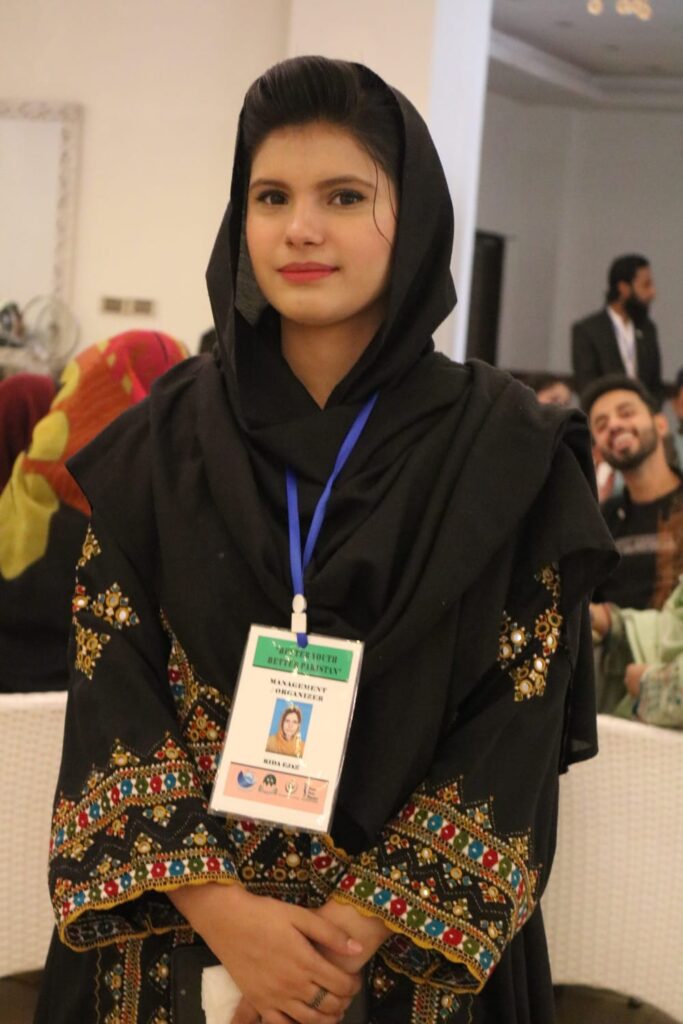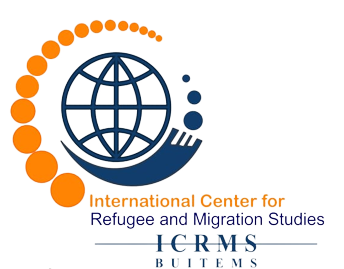Graduation is a momentous accomplishment. However, for many graduates, this achievement is overshadowed by the stark reality of discrimination and rejection, not because of their qualifications, but because of their identity. For Afghan refugees, the journey to higher education in Balochistan is an uphill battle that requires resilience, determination, and a lot of hard work. Many refugee students face immense barriers to completing their education, and even those who do graduate find themselves struggling to overcome post-education hurdles and the mental health problems associated with that, which often accompany their refugee experience, threatening to derail their progress and leave them feeling hopeless and overwhelmed.
After years of hard work and dedication, many refugee students find themselves facing a daunting and uncertain future. In the recent “Tertiary level refugee students meeting” organized by ICRMS to represent the refugee students’ problem to the UNHCR and inspire Pakistan representatives. The DAFI and non-DAFI scholars have shared a similar set of discrimination in the job market such as limited job opportunities, lack of recognition of their qualifications, and social constraints that exacerbate their mental health problems.
Higher education does not provide a chance for integration in Balochistan, one of the students says “Education is often seen as a path to a better future but the path is fraught with challenges, not to mention the learning gaps due to interrupted education and financial hardships”. According to UNHCR 2012-2016, the education strategy of higher education holds value for refugees’ solution, it not only provides repatriation but also integration into the country of asylum. It could leverage the labor market with the needed skills and expertise. “I did my BS from BUITEMS, and after plenty of interviews in NGOs, and other MNCs, I’m overwhelmed and tired and I could not hold my feeling of immense hatred toward the discriminatory system,” says a student residing in the meeting.
According to UNHCR, the majority of the refugees in Pakistan are employed in the informal sector, such as daily wage laborers, street vendors, and domestic workers. Because refugees are compelled to prioritize work over education, and those who struggle to get an education are again left aside due to discriminatory job placement on the basis of identity and social status. “I overcome the financial hardships with the help of DAFI, but how I should overcome the discrimination and same hardships after DAFI really disturbs my mind,” says a DAFI scholar.
This unethical rejection and lack of social integration are only causing more chaos in the already displaced mind. As per the world health organization 2018 (technical guidance on refugee and mental health), common mental health disorders such as anxiety, depression, and stress are more common in refugees than in the host population, which occurs because of a lack of social inclusion, particularly unemployment and social isolation. They are more prone to post-traumatic stress disorder because of feelings of hopelessness and rejection. The united nation human rights commission through its initiative to promote tertiary education is no doubt providing access to basic education rights to refugees but inclusion is also required at the local level to provide employment to the best graduates on the basis of open merit.
The students are concerned that the government of Pakistan for the job placement of resettled refugee generations in Pakistan must initiate a provincial quota. It could not only overcome the financial hardships of the refugee student but also can significantly add better skills to bolster the economy of the host country. The socio-economic integration in the public and private sectors of the displaced persons could also facilitate post-tertiary mental health problems and can make them resilient towards extremist rhetoric.
One of the many ways forwards is that educational institutes must prioritize workshops, and counseling sessions and help students to equip them with the necessary skills to become self-initiative. It should also increase jobs and internship opportunities to provide exposure to different job sectors within Balochistan. By increasing, job opportunities students could not only improve their lives but could also decrease the stress, and anxiety problems related to their financial status.

